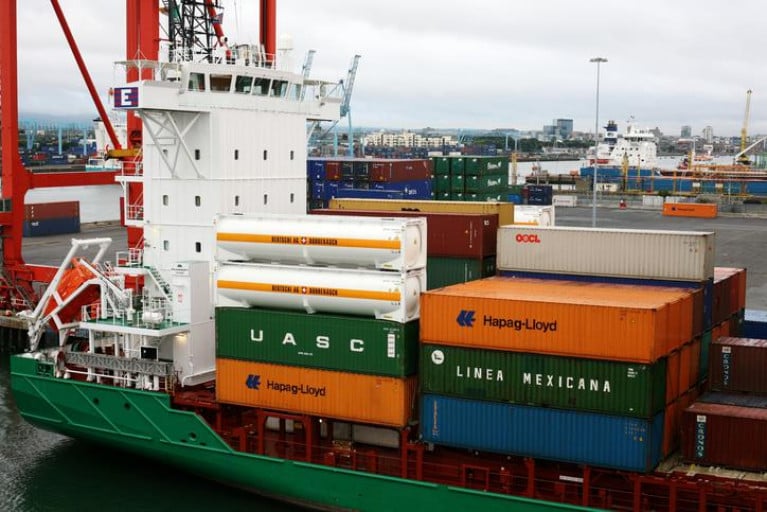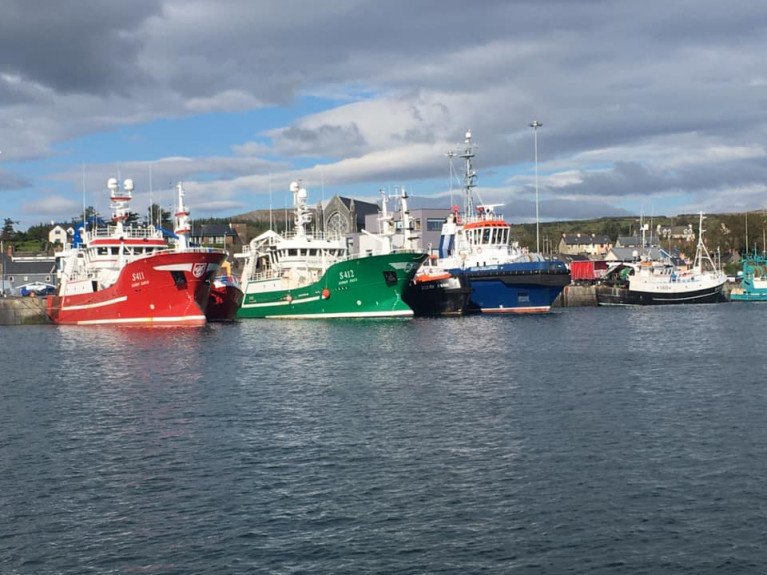Displaying items by tag: Energy Sector
ESPO Says TEN-E Review Must Recognise Role of Seaports as Key Players in Energy Sector
European Commission is expected in December to publish its proposal for reviewing the Trans European Network for Energy (TEN-E) Guidelines Regulation of 2013.
According to the European Sea Ports Organisation (ESPO) they welcomed the revision but in order for the review to align with the Green Deal objectives European ports stress the importance of recognising the central role of ports in Europe’s new energy systems.
“As European ports, we welcome the upcoming review of the TEN-E network and are excited to help Europe on the path towards a net-zero energy network by 2050. Nonetheless, we stress the need for the European Commission to recognise ports as key actors and partners in the energy transition. There are a huge amount of activities in ports that enable clean energy, from production and storage to import and hinterland distribution. We therefore urge the Commission to make sure they recognise the important role of ports”, noted Isabelle Ryckbost, Secretary-General of ESPO.
Europe’s Ports are key players in the energy sectors. They are particularly important in the development of the hydrogen economy: From production and storage facilities to fuelling, recharging and distribution, ports will need to invest heavily to support the ramp-up of hydrogen in Europe. This extends to imports and related facilities, alongside facilities to convert offshore renewable energy into green hydrogen, a prerequisite for the hydrogen economy to reach European Green Deal aims.
Ports also play a key role in the production and distribution of other fuels. This is not, however, recognised in the current TEN-E legislation, where few ports active in energy systems are included in the project corridors. ESPO underlines that this oversight cannot be repeated when hydrogen is included in the legislation. Ports’ role must be reconsidered in the context of the other energy carriers.
TEN-E Guidelines Regulation 347/2013/EC has the aim of linking energy infrastructures in the EU. It was adopted in 2013 alongside the Trans European Transport (TEN-T) and Telecommunication Networks (eTEN). Similar to the TEN-T network, the TEN-E legislation is based around 9 corridors relating to electricity, oil and gas and 3 thematic areas (where cross-border carbon dioxide networks are included). The Commission began its revision of the TEN-E policy in early 2020 with one key motivation being to bring the legislation in line with the goals of the European Green Deal.
ESPO’s priorities on the forthcoming TEN-E review can be downloaded here.
Energy Market EU is to Leverage in Brexit Talks Over UK Fishery Access
As RTE News undertands the European Union is considering making a more explicit link between energy and fish as Brexit negotiations enter a critical phase.
A number of sources have confirmed that the EU's chief negotiator Michel Barnier will seek to use the leverage of the EU's energy market as a potential way of unblocking the UK's resistance to granting European fishing fleets ongoing access to British waters.
It is understood Mr Barnier has privately acknowledged a potential link between continued access to the EU's energy market which diplomats say is potentially highly valuable to the UK and the fisheries aspect of the negotiations, which remains deadlocked.
"The position of the UK [on fish] is quite strong," an EU official said, "but there are also connections. Sometimes the UK is interested in having access to [the single market] on energy."
One EU diplomat told RTÉ News: "The energy market is considerably more valuable to [the UK] than the entire fish stock that they're talking about. Barnier seems to have paused the discussions on energy for the moment, and this link has been made with fish."
More on this political development of the negotiations here.






























































